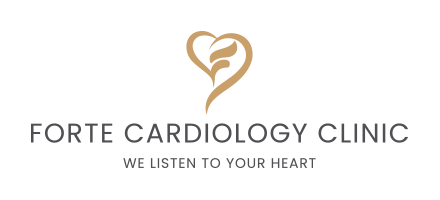
Ischemic Heart Disease
Ischemic Heart Disease (IHD), also known as coronary artery disease or coronary heart disease, is a medical condition characterised by a reduced blood supply to the heart muscle. This occurs when the arteries that supply blood to the heart become narrowed or blocked, often due to the buildup of fatty deposits known as plaque.



